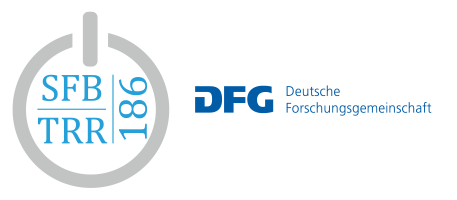Metabolic switches regulating stress tolerance in eukaryotes
Metabolic switches are mechanisms that enable cells to dynamically reconfigure their metabolic pathways in response to various internal and external cues. During the previous funding period, we unraveled the function and relevance of a key metabolic switch, in which a temporary inactivation of the glycolytic enzyme GAPDH redirects glucose flux away from glycolysis and towards the oxidative branch of the pentose phosphate pathway. We demonstrated its significance as a sensor and mediator of oxidative stress adaptation in mammalian cells, both under physiological conditions and malignant growth. Additionally, we studied metabolic switches in yeast, a versatile biotechnological tool, but also an increasingly relevant fungal pathogen. We identified two new metabolic switches and demonstrated their importance in facilitating drug and stress resilience. One of these switches involves the diversion of cysteine into desulfuration pathways, leading to the generation of persulfides. The other switch is activated when yeast cells transition from histidine biosynthesis to histidine uptake, a process facilitating drug resistance by hitherto unknown mechanisms. Building on our previous research, our goal for the next funding period is to further advance our understanding of these fundamental processes. Specifically, we aim to investigate the genetic basis of the three metabolic switches under study (GAPDH, cysteine and histidine), utilizing new methods enabling genome-wide association studies through segregant analysis in yeast. Furthermore, we aim to elucidate the mechanisms connecting metabolic switches, including the GAPDH switch, to drug tolerance. Lastly, we aim to bridge the findings from yeast experiments to mouse models and cultured human cells, exploring uncharted physiological roles of metabolic switches. We hope that our research will not only deepen our understanding of the fundamental biological roles of metabolic switches but also inform future therapeutic strategies targeting fungal pathogens and cancer cells.
Prof. Dr. Tobias Dick (DKFZ Heidelberg)
Prof. Dr. Markus Ralser (Charité – Universitätsmedizin Berlin)
